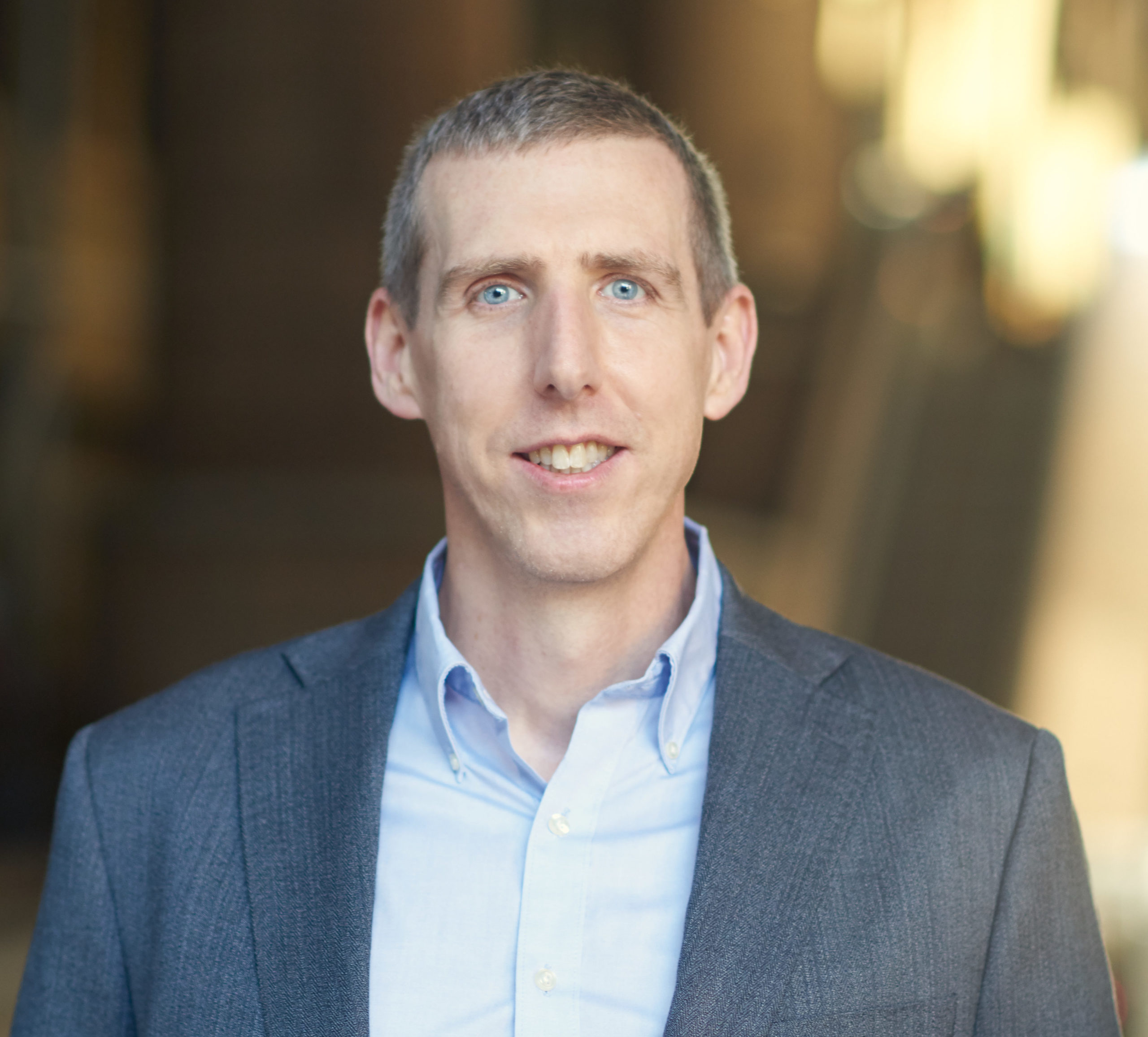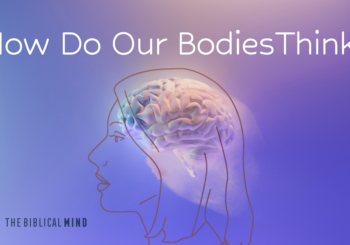Wisdom: Scientific, Biblical, and Otherwise
What does science have in common with wisdom in the Bible?
Almost everything!
Researchers explore the world through the skilled use of scientific tools, but also through the discerning sight they develop through training. And the Scriptures praise prudent knowledge that attends closely to the reality that surrounds us. Proverbs portrays wisdom as a process of submitting to God and authorities (like fathers, mothers, and Lady Wisdom), and then practicing their instruction in order to be wise.
Most of the eight Hebrew terms translated as “wise” can be best captured by the English phrase “skilled discernment.” Biblical scholar Michael V. Fox sums up “wisdom” this way: “[Wisdom] describes men who, in some sense and in some sphere, are ‘competent,’ ‘skilled.’ It can be used even of manual workers or sailors. . . . Even an embryo which cannot find the way out of the womb can be described as ‘unwise’” (Hosea 13:13).
Enjoying this article? Read more from The Biblical Mind.
Biblical wisdom is not merely knowledge applied to a circumstance—it’s a skill of seeing beyond the thin surface of how things appear. The wise person reaches to grasp what is the driving force beyond how things appear.
For new parents, wisdom is the ability to discern a child’s fussiness and fever apart from the virus that causes the fever. For teachers, shrewd discernment sees beyond the words of the essay to the interior critical mind of the child.
But how do we become wise?
Wisdom in the Bible as Apprenticeship
According to Scripture and the canons of science, we must become apprentices under the supervision of good authority. So, Proverbs focuses on listening to the correct authorities (such as parents) and ignoring the wrong ones (like the lascivious woman of Proverbs 7).
But wisdom should not be deflated to a religious view of knowing. Chemist-turned-philosopher Michael Polanyi offered a view of scientific knowledge that overlaps nicely with what we find in the Scriptures. How scientists know, as discoverers of our world, mimics and formalizes how all discovery happens.
Moreover, everyday human discovery is exactly what we find in the biblical texts. Both the Bible and scientists value wise knowing—skilled discernment—as the height of human knowing.
For instance, we find many accounts of communal discovery in the Scriptures. Those who have the skill to discern what goes beyond appearance try to help the people of Israel see skillfully. As Moses guided Israel to discern that YHWH is her God, we also find Jesus guiding his disciples to discern the “secret of the kingdom of God.”
Throughout Scripture, and particularly in the wisdom literature (Job, Psalms, Proverbs, Ecclesiastes, and Song of Songs), the wise are those who skillfully see reality under the authoritative guidance of God who guides Israel through His prophets: the experts. Think of the proverb:
Go to the ant, O sluggard; consider her ways, and be wise.
Without having any chief, officer, or ruler,
she prepares her bread in summer
and gathers her food in harvest. (Prov. 6:6–8)
Our wise guide in the Proverbs tries to get us to “look again” at the reality of an ant in order to see what cannot be seen: the value of preparation. Jesus does the same with ravens and lilies. The skilled one discerns God’s provision beyond just the birds and flowers at which she is looking (Luke 12:24–31).
Scientific Inquiry as Wisdom
In my book Biblical Knowing, I outline specific ways in which scientific knowledge relies on many factors found in Scripture: trust between scientists, testimony, community, apprenticeship, and the embodied practices of working scientists. While many scientists might still be stuck in old models of science that naively depict scientists as people who objectively collect data in order to confirm hypotheses, Polanyi demonstrated that good scientific inquiry requires community.
And furthermore, scientists are not dispassionate clinical individuals. Passionate scientists know scientifically when they do so within a trusted community of scientists.
In Polanyi’s view of scientific knowledge, the skill of knowing requires apprenticeship under a senior scientist. Polanyi suggests that honing the skills necessary to practice good scientific inquiry requires a time in which the novice scientist submits to the authority of the senior scientist.
That senior scientist—the wise expert—must guide the novice to see beyond the surface of cells, chemicals, nebulae, and more. The expert guides the novice to sift through complex observations, to notice what is significant, to recognize a pattern, and so on. Honing this expertise develops discernment—being able to see what one could not previously see because of such training. Only after submitting to that training can a novice become wise.
Importantly, while we are training in wisdom—fostering the skill of discerning—we also must trust the instruction of our biology professor. Apart from them, we won’t be able to tell what is significant in our observations, and what is merely background noise.
Israel’s Wisdom Training
So it is for Israel. While the Israelites are enslaved in Egypt, they must rely upon Moses’ authoritative directions in order to know YHWH and the Abrahamic promises. The Hebrews had to actually trust God, but God also saw it as His task to give them good reasons to trust Moses and Himself. Surprisingly, even the motivation for Israel’s freedom from Egypt, which God repeatedly stated, was so that Israel would skillfully see all the plagues as reasons to know YHWH as her God (for instance, “You all shall know that I am YHWH your God”—see Exodus 6:7; 7:17; 10:2).
However, notice that smearing blood on a doorpost, leaving Egypt, or even walking through an open sea are not things that directly correlate to knowing God in any obvious way. Only by following Moses’ instructions—like the biology professor’s lab instructions—and considering all of these wonders as coming from YHWH could Israel “know that I am YHWH your God.”
If Israel were to wisely discern YHWH as her God, then Israel must pay attention to the instructions of Moses. And according to Polanyi, it is the same for scientists.
This should not be reduced to a plea for Israel’s blind trust, or that antagonistic use of “faith” as it’s commonly understood in the West. Rather, in the scientist’s training and the exodus of Israel, there are reliable reasons given for trusting the guidance of an authority.
The Christian Scriptures focus intensely on apprenticing under the correct authorities—those who skillfully discern God’s structures and patterns in this world beyond mere appearances. Wisdom, then—for the scientist and for Christians in community—requires identifying and submitting ourselves to be taught discernment by such authorities.
This essay first appeared on qideas.org.
Credits for the pictures used in CHT content can be found at: hebraicthought.org/credits





